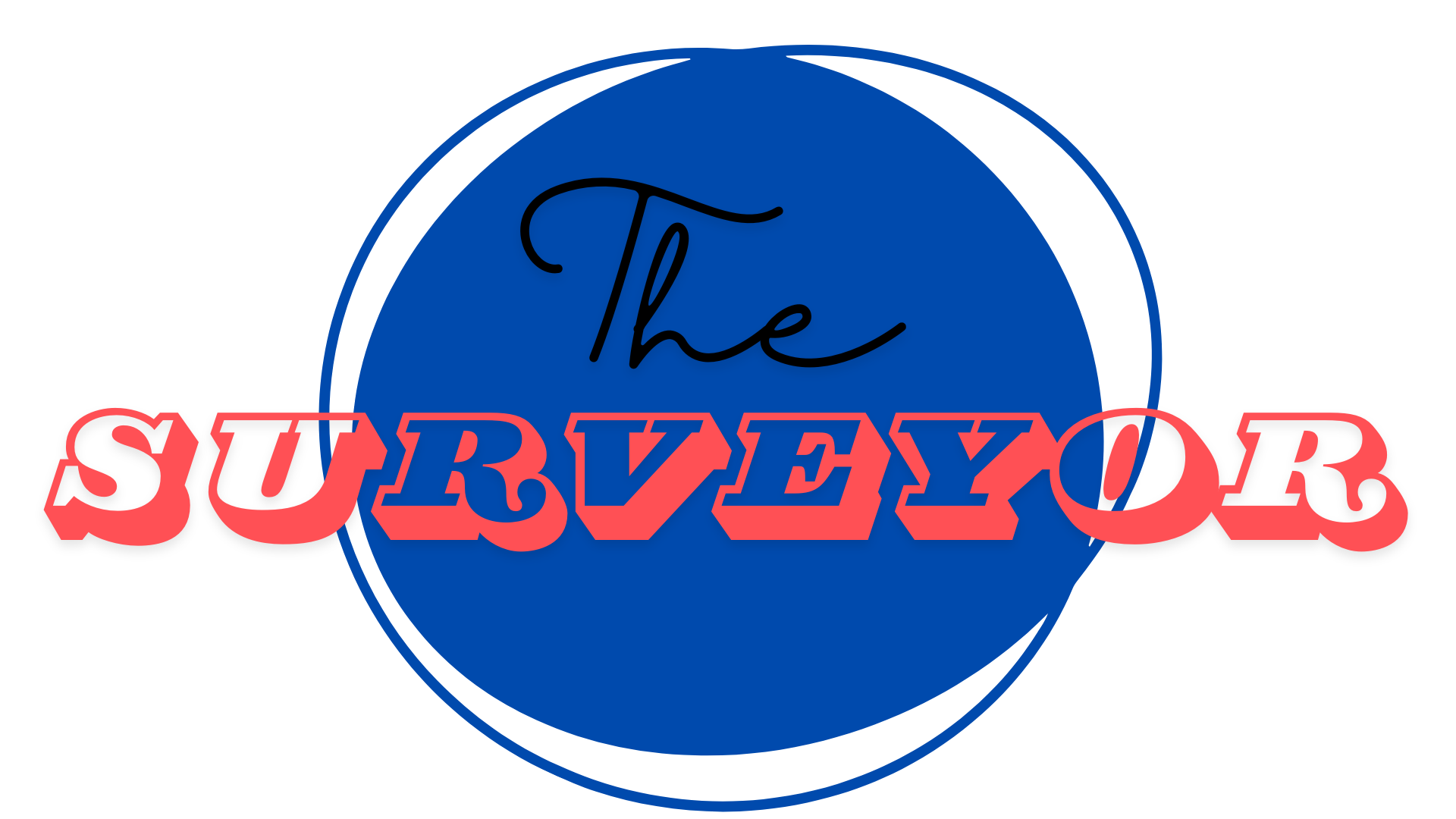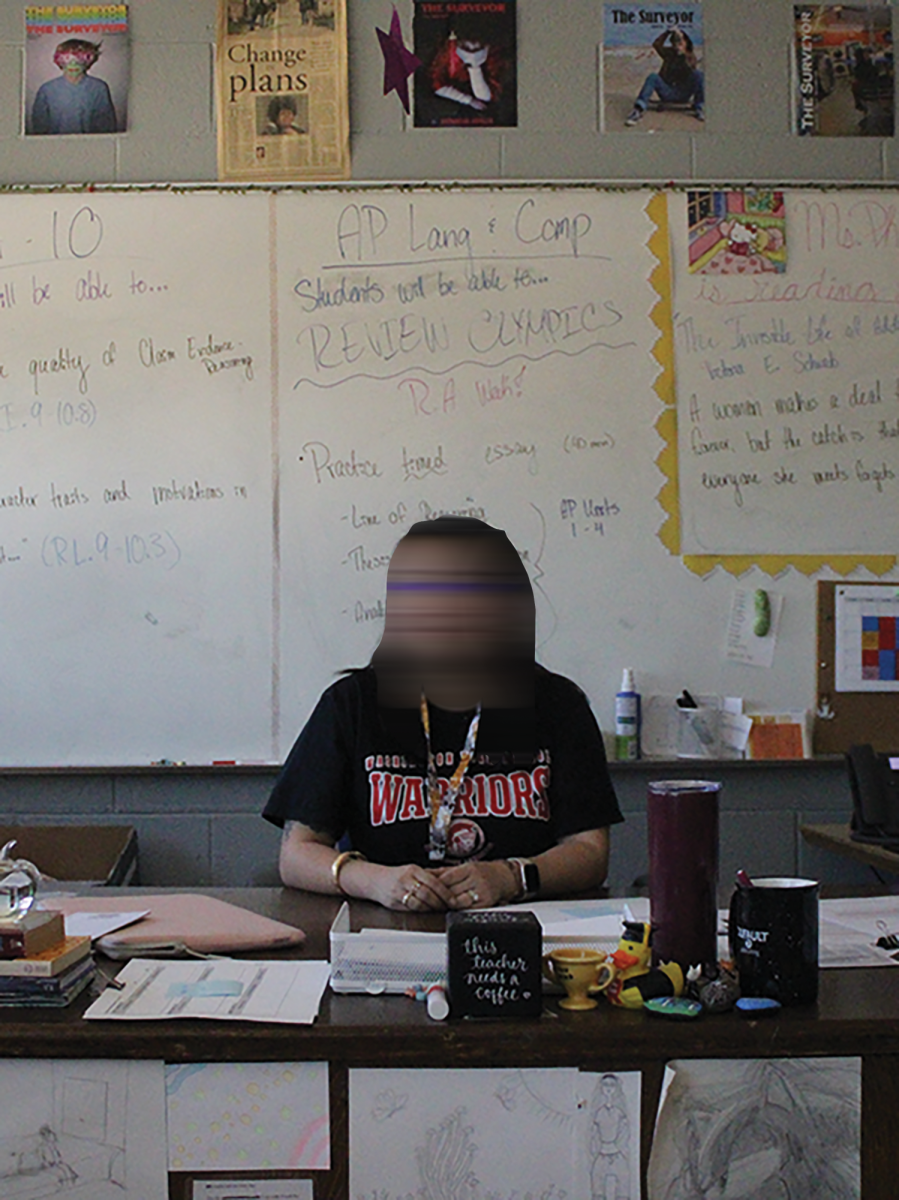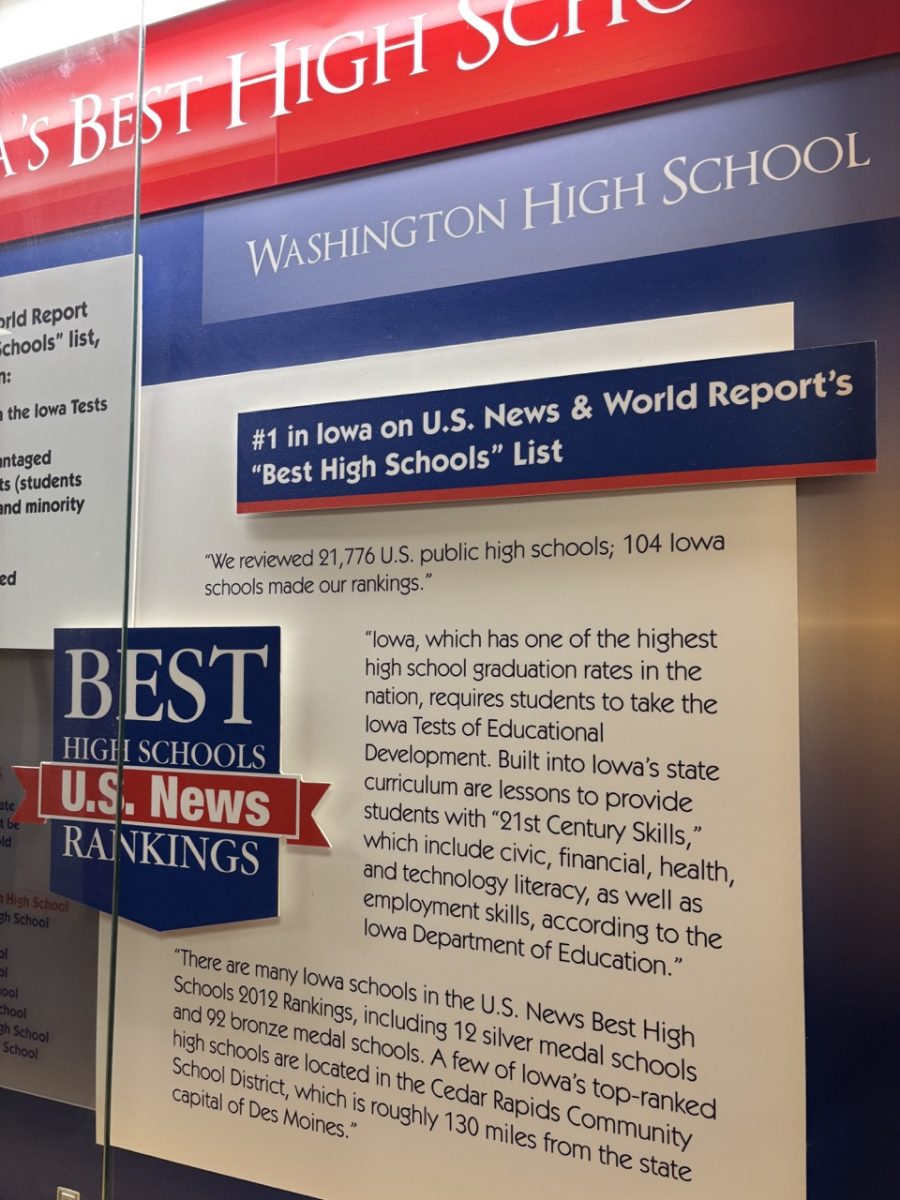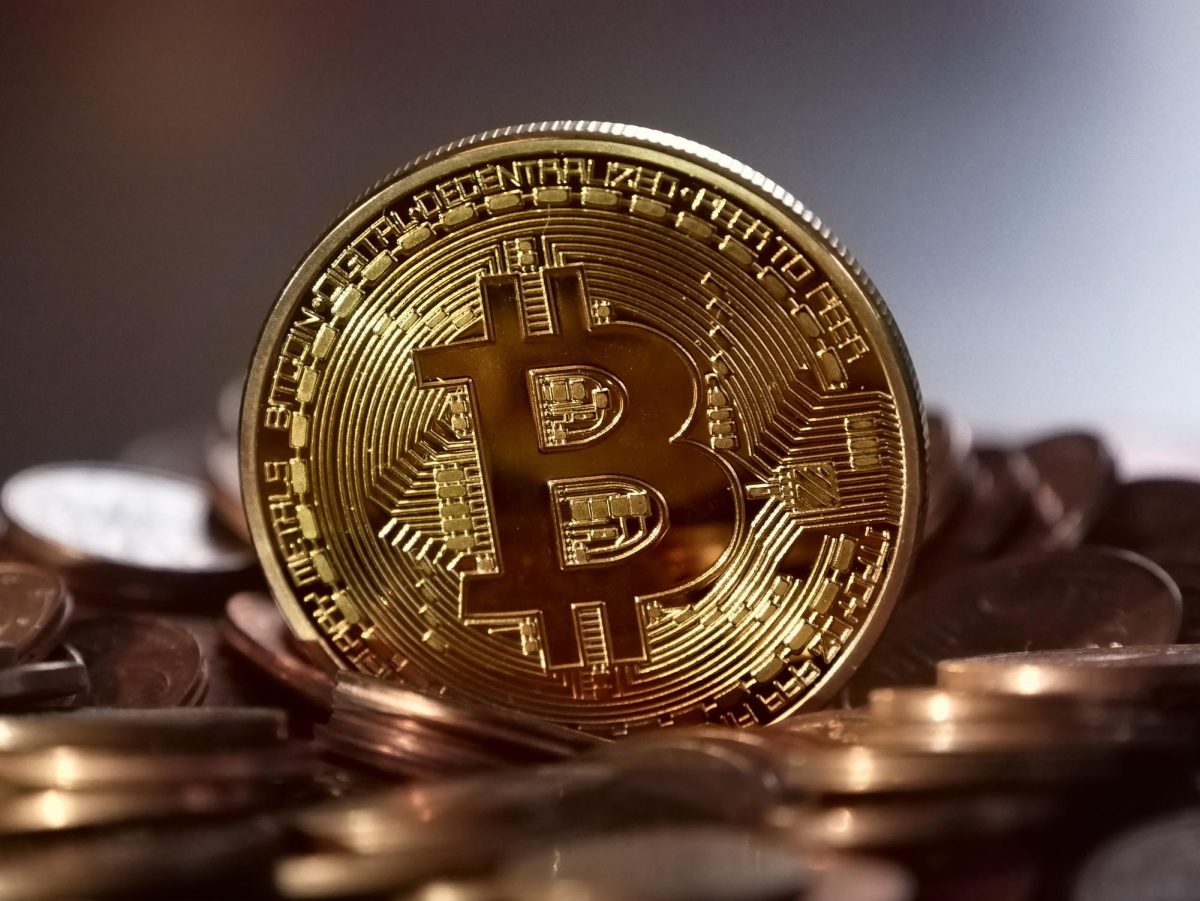Across the country, restrictions on literature in places like public libraries and schools have become one of the greatest controversies regarding individual freedoms as of recent. Removing titles from public access seems to have become a norm in the United States, ace-usa.org stating, “During the 2021-2022 school year, research by PEN America revealed that a total of 1,648 book titles were prohibited from school libraries across 32 states.” Challenges and bans are often put into place because of content, some parents arguing that “…children should be shielded from specific information..” (ace-usa.org) But restricting access to books infringes on intellectual freedoms, as well as the author’s freedom of expression and speech. Is it okay to implement censorship just because some people are uncomfortable with certain real-life discussions taking place?
Believe it or not, some of the titles that are being challenged or have been banned already include classics like “The Diary of a Young Girl–Anne Frank”, and “Beloved” by Toni Morrison. Both of these works are renowned pieces of literature, and both are recognized for their important views on historical events. “The Diary of a Young Girl” has been accounted as “The single most compelling personal account of the Holocaust . . .” (The New York Times Book Review) Regardless of this, it’s been removed due to one small paragraph discussing female anatomy–something that’s completely natural, yet has been called “pornographic.” Historic accounts like this one are incredibly important to teach in order to ensure that history doesn’t repeat itself. NBC News states that, “A nationwide survey…shows a “worrying lack of basic Holocaust knowledge” among adults under 40, including over 1 in 10 respondents who did not recall ever having heard the word “Holocaust” before.” By continuing to ban access to literature to students, knowledge of hard history within the country’s future adults is only likely to continue to dwindle.
Separate from the fact that discussions of these challenged topics are oftentimes important, it’s unconstitutional to restrict access to literature. A “book ban” is the sugar-coated version of censorship, which restricts intellectual freedom as well as the freedom of speech and expression. The ACLU of New Jersey defines censorship as “…the suppression of content or ideas..” which is exactly what banning books is. It isn’t right to restrict access to an entire community just because a select group disagrees with content, as a lot of times certain books can be a gateway to important discussions. In fact, ace-usa.org states that “…restricting access to books containing “taboo” topics prevents children from learning about valuable information and prevents them from having important conversations.” Some may argue that certain content “offends them,” but the ACLU of New Jersey opposes the idea saying, “If community members don’t want to engage with certain ideas, they don’t have to, but they don’t have the right to impose their beliefs on others.”
With the current rampant restrictions, it’s unlikely that a notable change in the process of banning books will be seen any time soon. However, organizations such as the American Library Association and Penguin Random House, just to name a few, are working against these restrictions through education and in court. To learn how to help fight for the freedom to read, both of their websites include great resources on how to start the conversation to help keep these books on the shelves.






